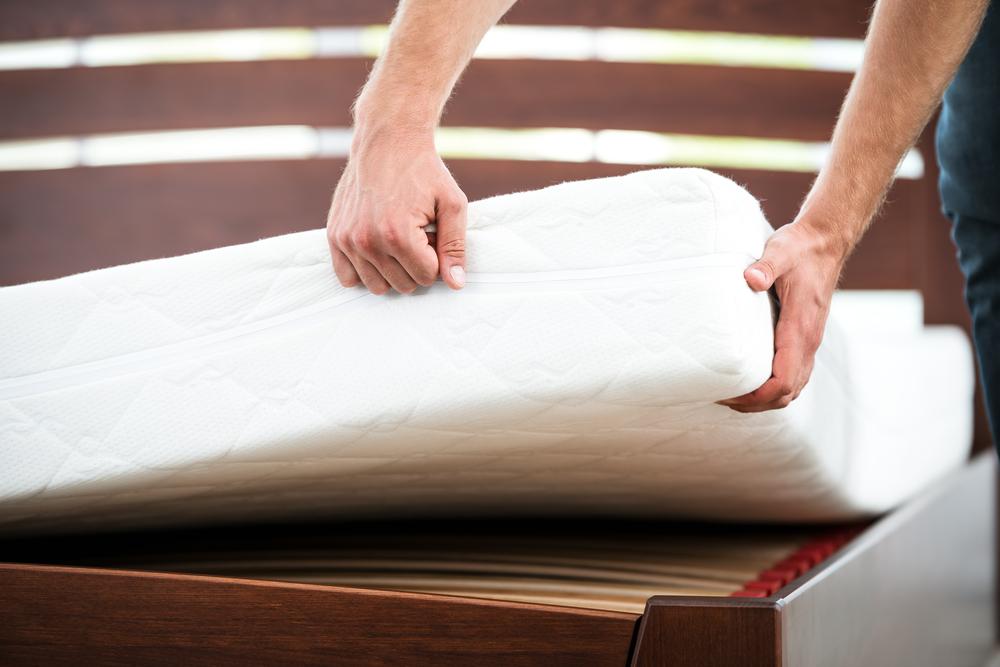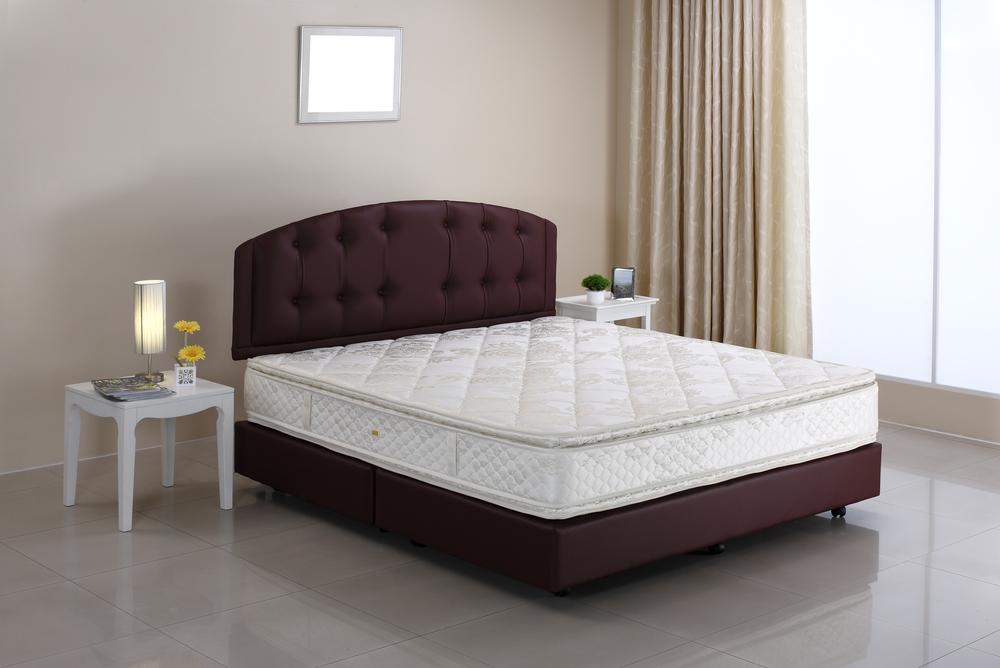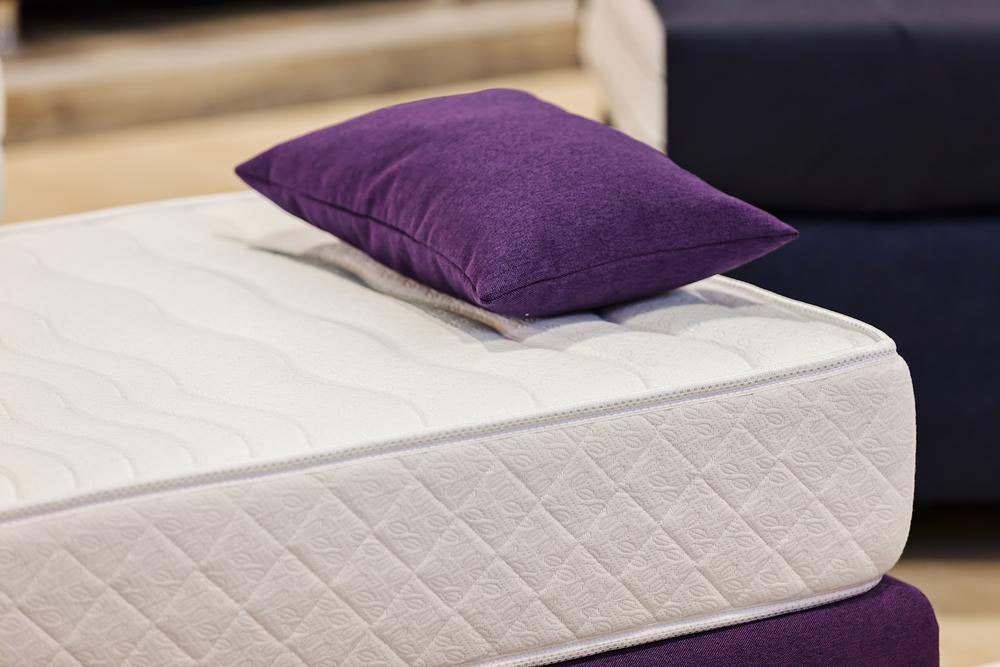Choosing the Ideal Mattress for Improved Sleep and Spinal Health
Discover how to choose the perfect mattress for better sleep and spinal health. Learn about essential factors like support, firmness, and proper alignment to ensure comfort and reduce back pain. Explore expert tips and trial options to make an informed decision for your sleep needs.

Choosing the Ideal Mattress for Improved Sleep and Spinal Health
Many previously believed that a very firm mattress was the best choice for alleviating back pain. However, recent studies show that no single mattress suits everyone. Since individual needs vary, prioritizing comfort and proper support is crucial. Selecting the right mattress can be overwhelming with numerous options, and considerations go beyond comfort alone. Factors like maintaining proper spine alignment and choosing the right firmness level are essential for good posture and reducing sleep discomfort.
Ensure Proper Spinal Alignment
Your mattress should support healthy posture by promoting accurate spine alignment. It should balance softness and firmness to let muscles and ligaments relax overnight. Personal preferences matter: individuals with narrower hips may prefer firmer mattresses, while those with wider hips might need softer surfaces to support the neck and lower back effectively.
Choose Medium Firmness
Studies involving 300 people with lower back pain revealed that those sleeping on medium-firm mattresses experienced less discomfort after 90 days compared to those on very firm mattresses. Memory foam mattresses are popular for contouring to the body, but they may contain chemicals. Try different options to find the best fit for your needs.
Take Your Time in Selection
Don’t rush the process. Pay attention to how your body responds to various mattresses. If a hotel mattress provided pain-free mornings, note the model and consider similar options. Many brands offer trial periods from 30 to 100 days, with options to return or exchange. Remember, mattresses over 9 years old tend to lose supportiveness and may cause back discomfort.
Investing in a high-quality mattress, ideally in the mid-price range, can prevent future problems. Regular replacement helps avoid allergens, dust mites, and germs that could worsen allergies or infections. Your choice of pillow and sleeping position also impacts back health, so consider these factors as well.
Note: Our blog provides helpful insights to guide your mattress selection. While we aim to share useful information, it is not definitive. We are not responsible for data inaccuracies elsewhere. Additionally, look out for special offers or schemes that may better suit your needs.


